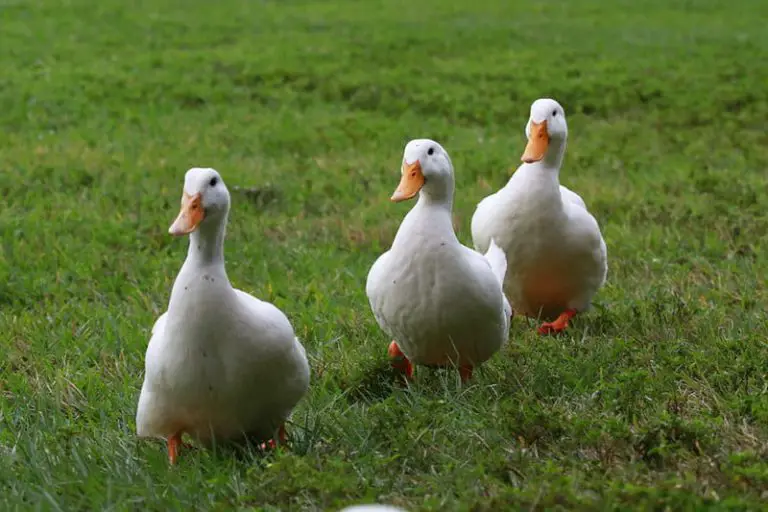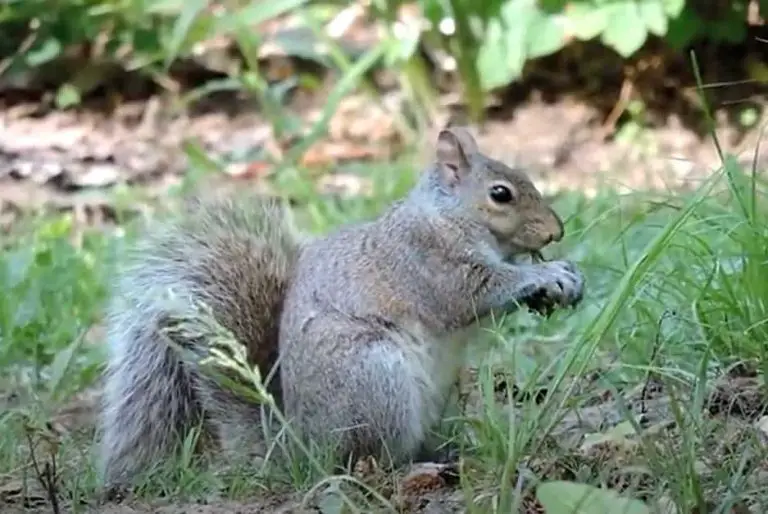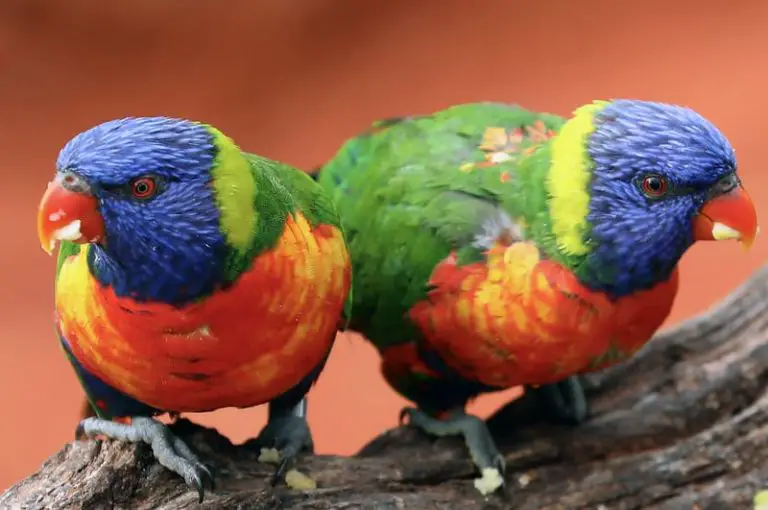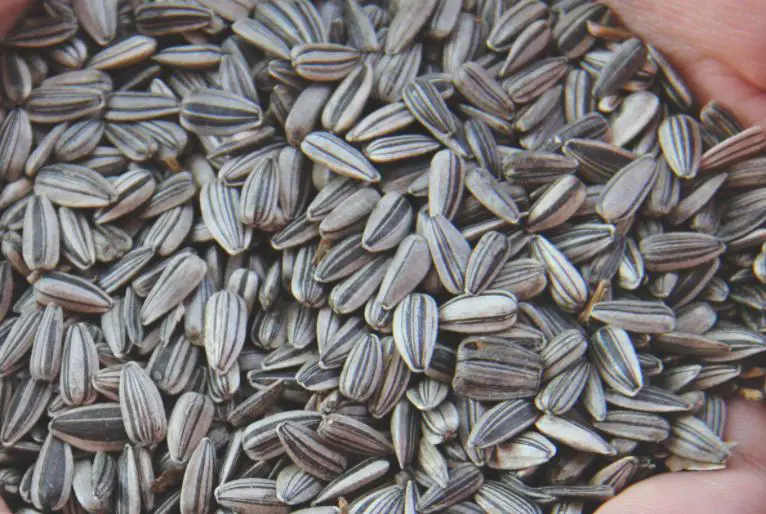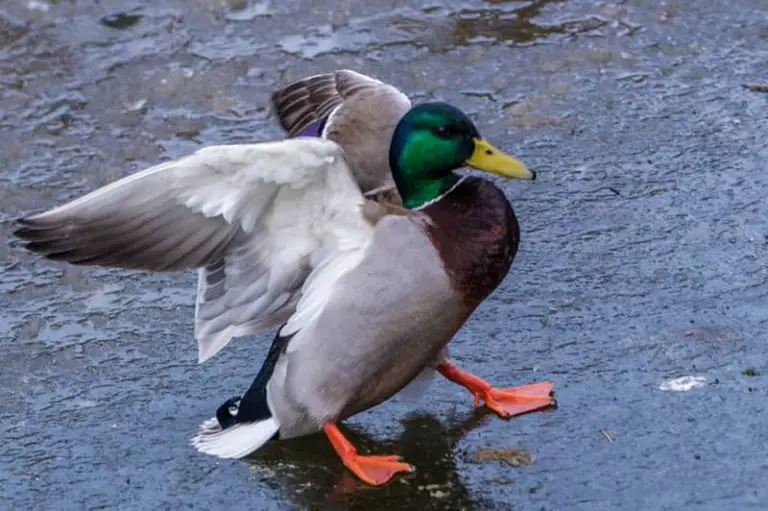Why Do Geese Hiss? (Solved)
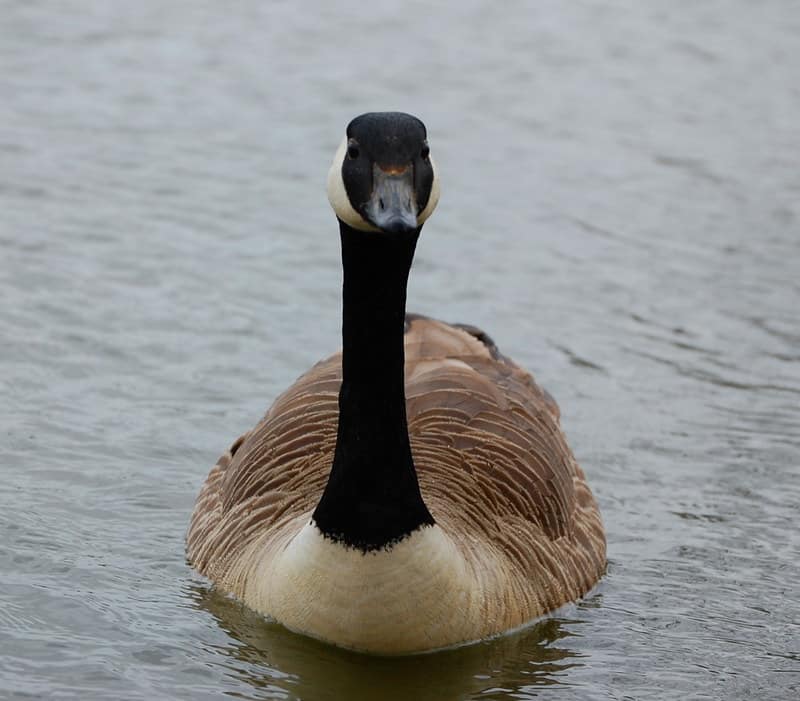
Why do geese hiss?
Geese have earned a reputation in the animal kingdom as one of the most aggressive birds, especially the Canadian goose, but the domestic goose can also become aggressive and suddenly attack a person, especially when it feels its territory invaded.
Now I remember a joke about Canadian geese that I read and I thought it was pretty funny, “Canadians are very peaceful because they put all their hate into the geese” (no offense or disrespect intended).
The geese when they attack can seem very funny and at the same time super intimidating, it’s a strange combination.
Usually, the goose can attack without warning, but, like most animals, in many cases, the goose makes a warning through a hiss.
Hissing is a warning, not really unusual behavior. Geese are particularly aggressive during the breeding season. They are protecting their territory. Egyptian geese in particular are aggressive, in contrast to their calmer conspecifics, the domestic geese.
The hissing is a warning that they could attack for invading their territory for feeling their breeding threatened.
Why do geese hiss when you feed them?
We mentioned that the hissing by the geese is a warning that could announce an attack, but in reality, this hissing also has a lot to do with the goose’s fear of being threatened.
Eating behavior is aggression mixed with the urge to eat, on one hand, it is likely that they are afraid because they cannot evaluate what they are about to eat or who is feeding them.
Therefore the hissing and sniffing of the food, on the other hand, the food is too tempting to let the fear overcome them.
Geese hiss because they perceive you as an intruder or threat
Some people claim that the goose whistle has more to do with younger geese, the goose whistle is a clear sign of aggression, it has nothing to do with “youthful arrogance” and is not expressed without reason or so.
Most seemingly dominant opponents are whistled, or those that pose a real danger to the goose or its surroundings.
The whistle also announces the clear message from the goose “Don’t get too close to me”, so the behavior is probably based on fear.
It is a matter of ignorance for many people, geese are very territorial birds and extreme defenders of their space and “family”, they have enough intelligence to distinguish intruders very close to their environment and that is where the aggression begins.
People constantly tend to abruptly invade the individual free space of the geese, whether it is with the intention of feeding them or appreciating them, the geese will feel threatened and that is where the hissing and possible attacks start.
How can you gain the trust of the geese?
You won’t gain the trust of a goose overnight, the solution would be to work in the goose’s environment more often, and thus be more present in the life of the goose and become a normal part of its environment, if that can be arranged.
Then maybe educate them a little bit so that low aggression behavior is rewarded.
For example, if you approach the geese’s environment for any reason and the geese stay pretty still, you can offer a handful of wheat at a time, which is very popular with the geese.
Or if you go to the garden and the geese are still grazing, throw two handfuls of wheat over the fence. This way the geese should learn very quickly that you are not an object to be hated or to be fought.
Geese are not stupid, on the contrary, birds have enough intelligence to realize that their good behavior towards you is rewarding, and after a while, they will stop perceiving you as a threat.
How to deal with very aggressive geese?
You must accept the aggressiveness of the geese as normal, especially in mating season, if you breed geese and some are much more aggressive than normal against you, hissing and attacking, you must do the same to establish your hierarchy.
You have to act so aggressively and blatantly against the geese when they become too aggressive against you because the geese also have a hierarchy and you have to establish it if necessary.
If they come too close to whistling and with their neck stretched out, and you notice that they intend to “bite” you imitate their sound and chase them and when the goose runs away grab it by the tail with your fingers imitating the beak of a goose.
And you keep doing this until the geese no longer roll aggressively towards you with their head and neck pointing at you, On the contrary, he will pass by you with a more friendly attitude, or showing humiliation by shrinking his neck and turning his head away.
If the goose makes a wing clatter (shaking the wings slightly back and forth when they are closed), it is a good sign, as it indicates the motivation to attack, but also inhibition of the attack, either out of respect or social solidarity.
If they show this behavior, you should also respect it and not come closer, because it also means: “So far and no further, otherwise I may attack”

